

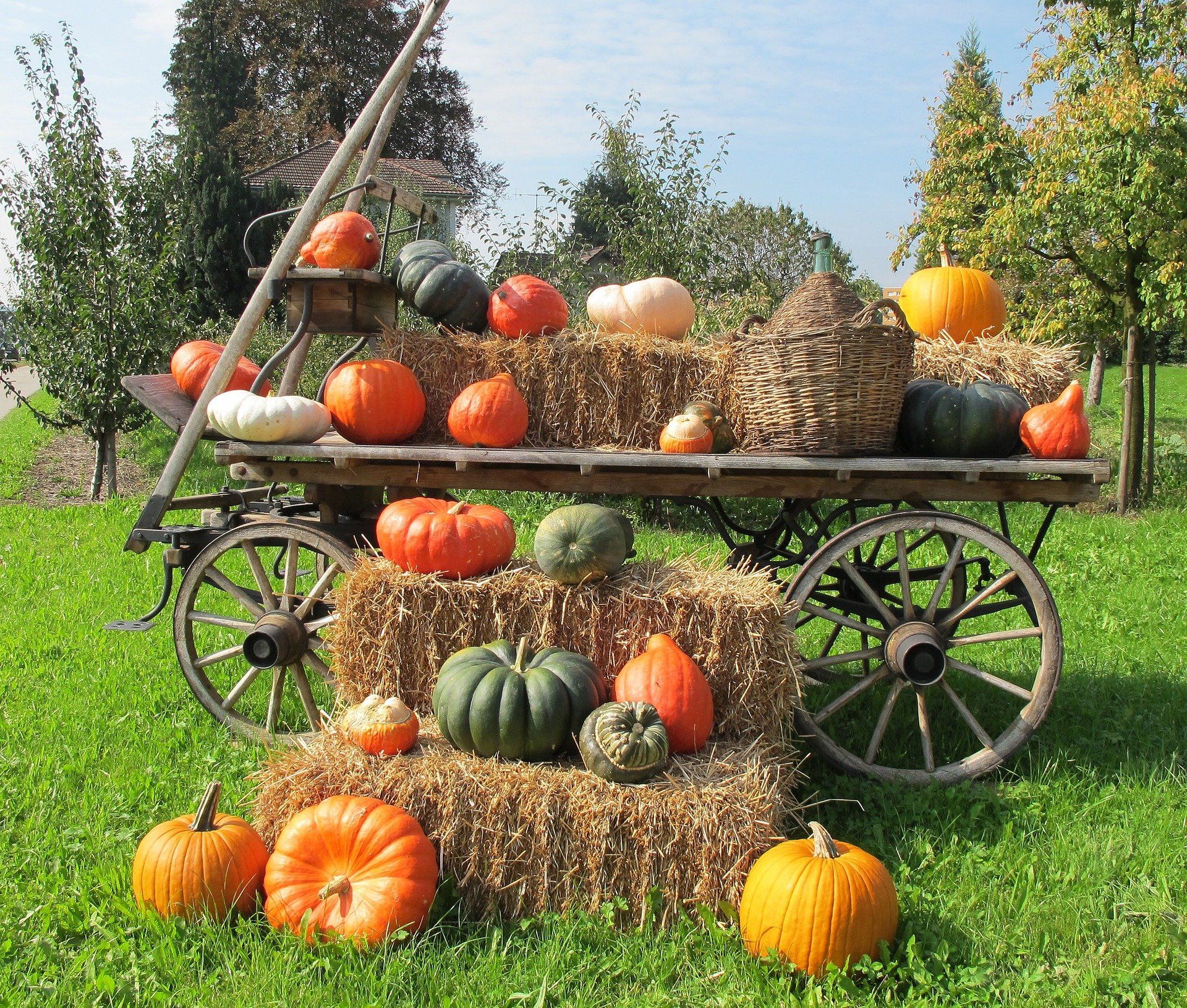
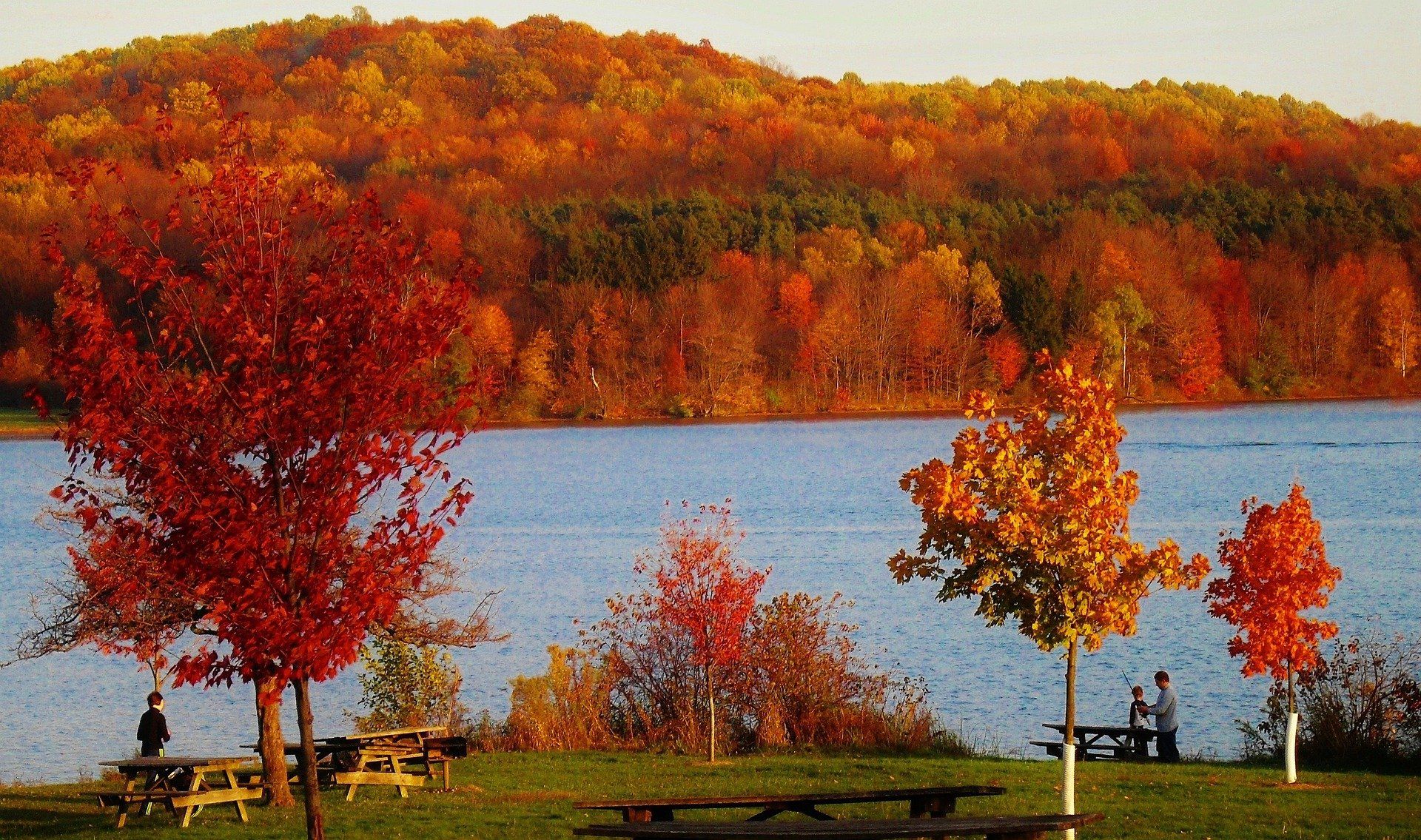
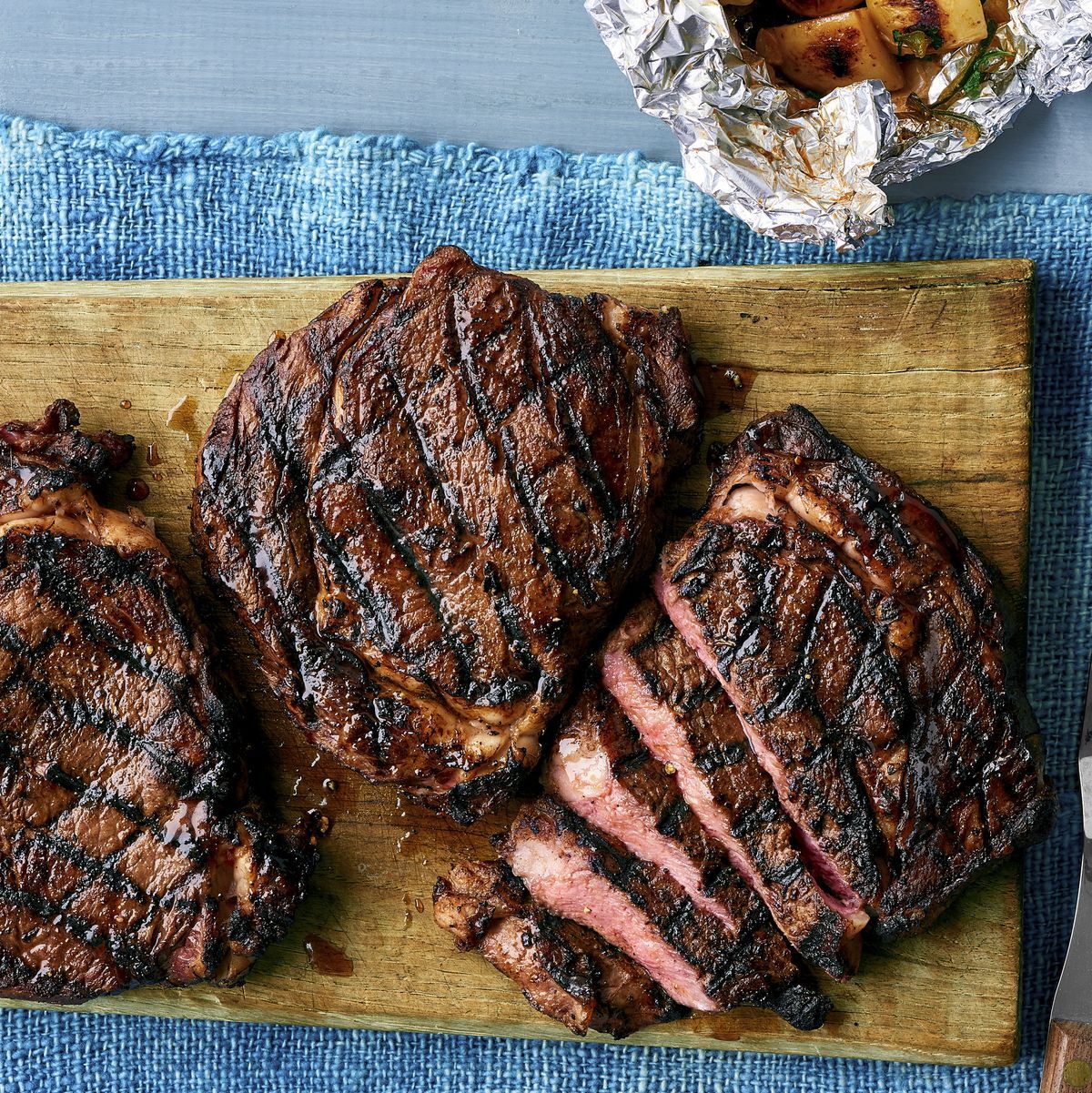



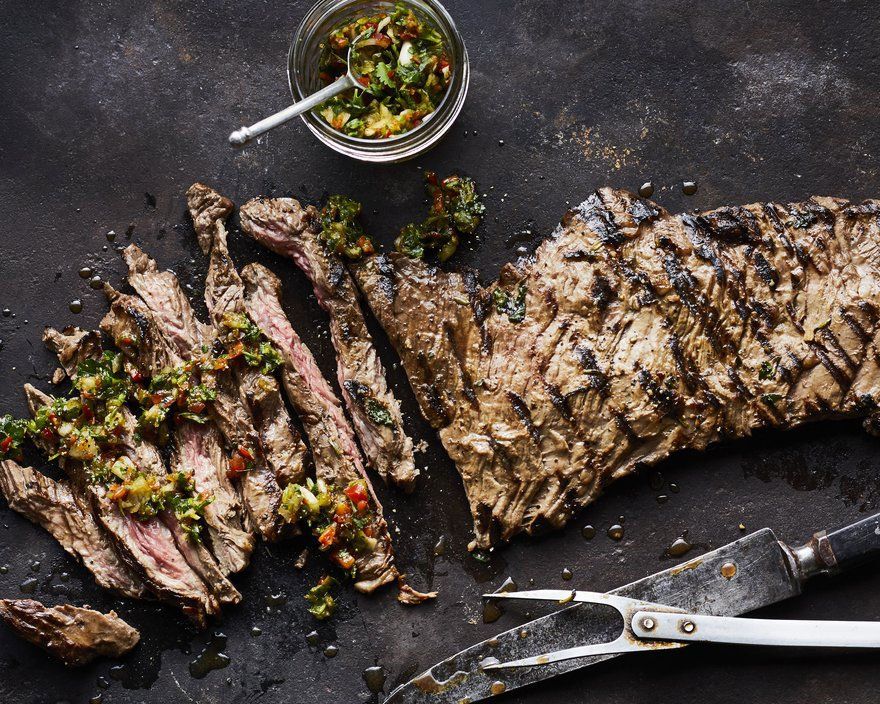
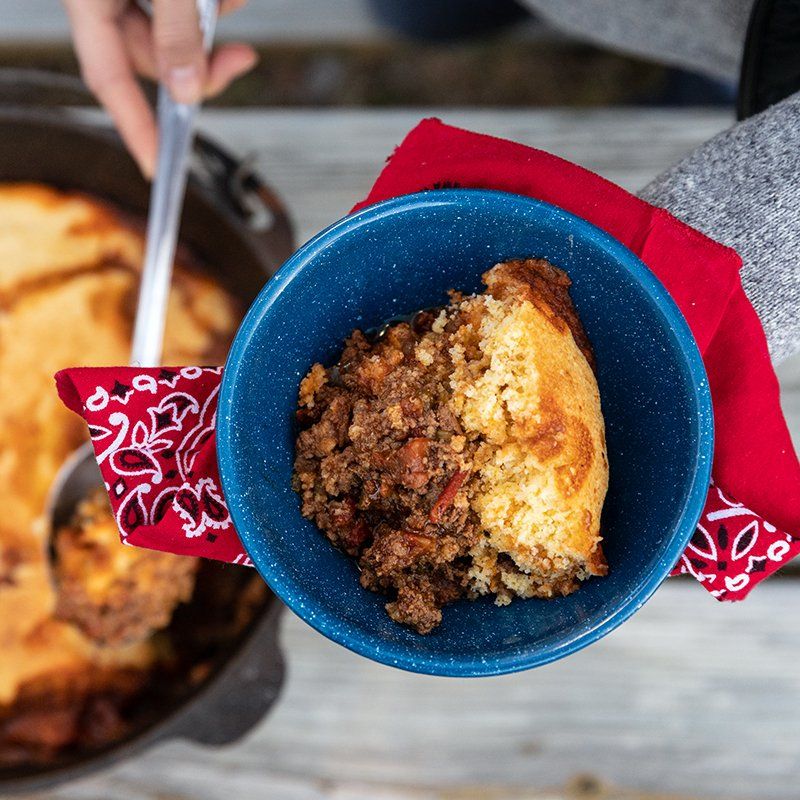
The United States alone has more to see and do than one can accomplish in a lifetime. Because of this one needs to carefully choose which locations and sites are more important based on their type of interest. By far, camping would be a great way to explore our country in an economical way with the comforts of being at home. So, let's plan a trip around the lower forty-eight States and Canada. One should plan on three to four years to accomplish this journey. Now how does one do this?
First, write down each state and Province of Canada on a piece of paper. A pretty easy task if you can name off all the states if not a map of our country will aid in this process. Next, one should Google each state's tourism department requesting travel guides and state maps. For the most part, this should be pretty easy. However, getting some information from Canada might take a little more effort, some provinces may even take a phone call, don't worry they have a toll-free number. Some of the states will have the travel information broken down into categories', or have different brochures by location within the state, while other states just have one brochure. After a couple of weeks, the onslaught of mail will start, they will be days the mail person may have to bring it to the front door in a bundle. In about six to eight weeks one will have a stack over two feet high. Now, this can be overwhelming.
The next task at hand is, how does one track this in an organized way? Easy enough, Excel spreadsheets. A good idea is to take a map of the United States and with a black marker divide the country into six sections. Southeast, Southcentral, Southwest, Northeast, Northcentral, Northwest and one for all of Canada. In all, seven named spreadsheets. With each spreadsheet, create a tab for each state and province. The next step is a lot of reading, and of course, looking at pictures.
Looking at the travel brochures, one can tell some states put forth a great amount of effort with the information regarding their state. As one knows, good pictures are a great attention getter, while some states did this, others didn't. The idea is to complete one state at the time. As you read through the brochures, Google anything of interest to you, if it's something you feel would be enjoyable, put the name of the site, the web link, city, address and any fees associated with it on the state's tab.
Once you have all the information on each States tab, it's time to organize the sites by location within the state. Google map is an ideal tool to help with this process. First, divide each state into nine sections ex: Northwest, Center West, Southwest. For the most part, most of the states should be pretty easy to put your places of interest into geographical locations. By far, Texas and California due to the size of each state may be pretty difficult and very time-consuming. As a note, don't be surprised, all states don't have something to see and do everywhere, especially Canada in the far northern sections.
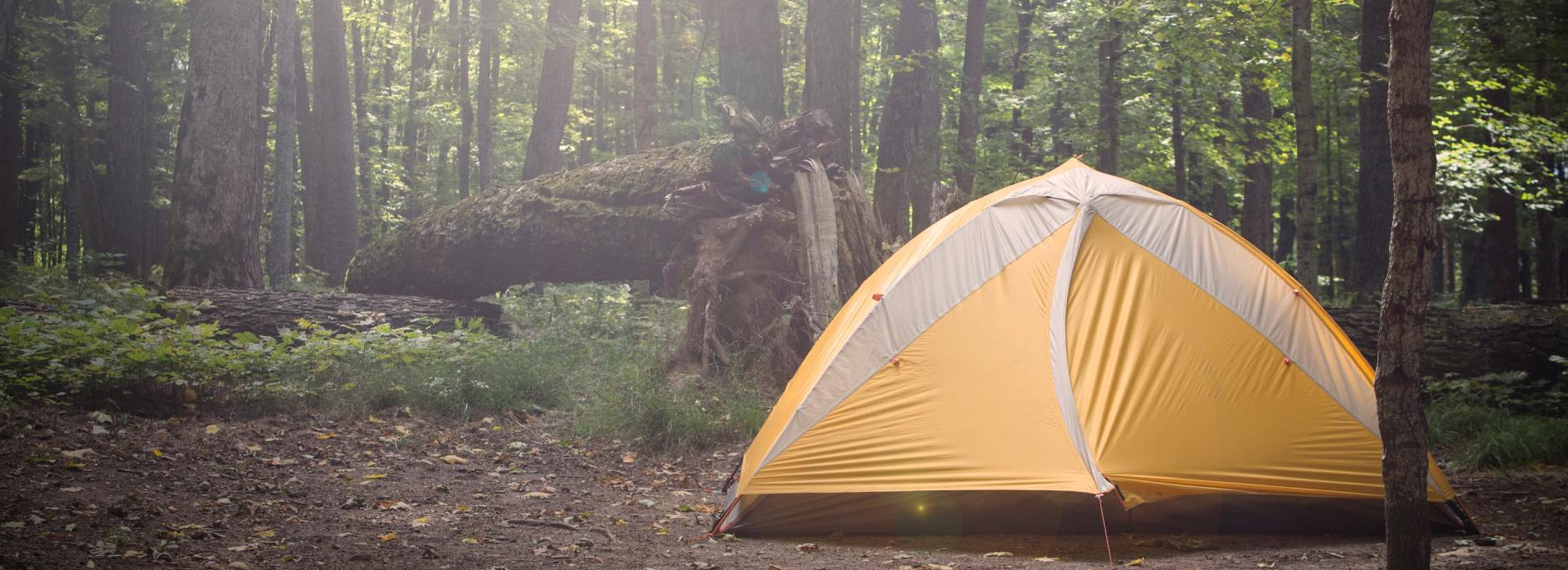
The idea is to stay at a campground which is centrally located for the places you wish to visit and then move to your next location. For this task, one should join Good Sam and All stays Pro camping clubs, both have campground maps for North America with most campgrounds listed. This should be a great tool from which to select campgrounds. One can open each campgrounds web site and read all about them. Try to target around five to seven campgrounds in each location for future planning. List the campground, prices, how many sites and their ratings on the spreadsheets. Next, one can use Google map to find the distances from the campgrounds to each place you plan to visit. This will give you an idea of which campground is better located for your stay.
The last step is to plan your route, being as efficient as possible. Things to consider are many campgrounds in the north are seasonal, as well as the seasonal temperatures at any given location. The length of stay at each location should be decided by the things you plan on doing, given time for what the locals may suggest and a little downtime. Due to campground pricing, your shortest stay should be seven days and the longest thirty-one days.
The last and most important thing one must decide on is their home and personal belongings. To maintain a home for the length of time you may be gone, can be quite expensive.
Article Source: http://EzineArticles.com/10081495









